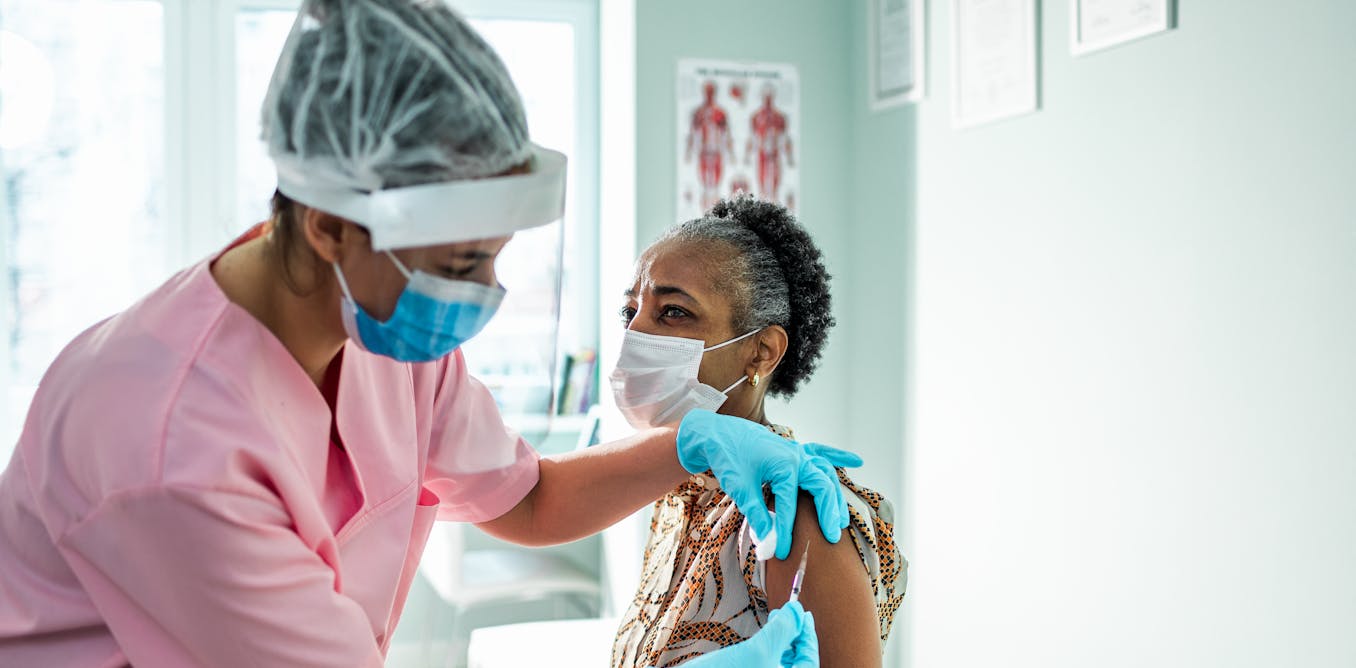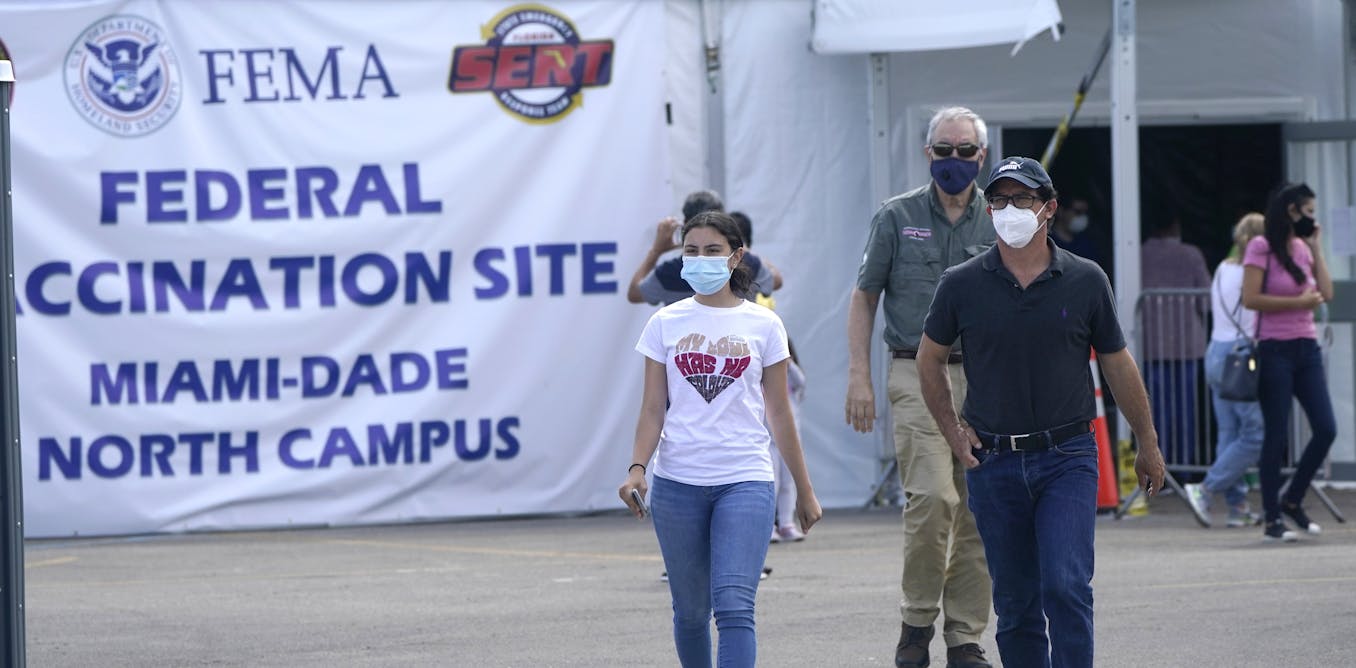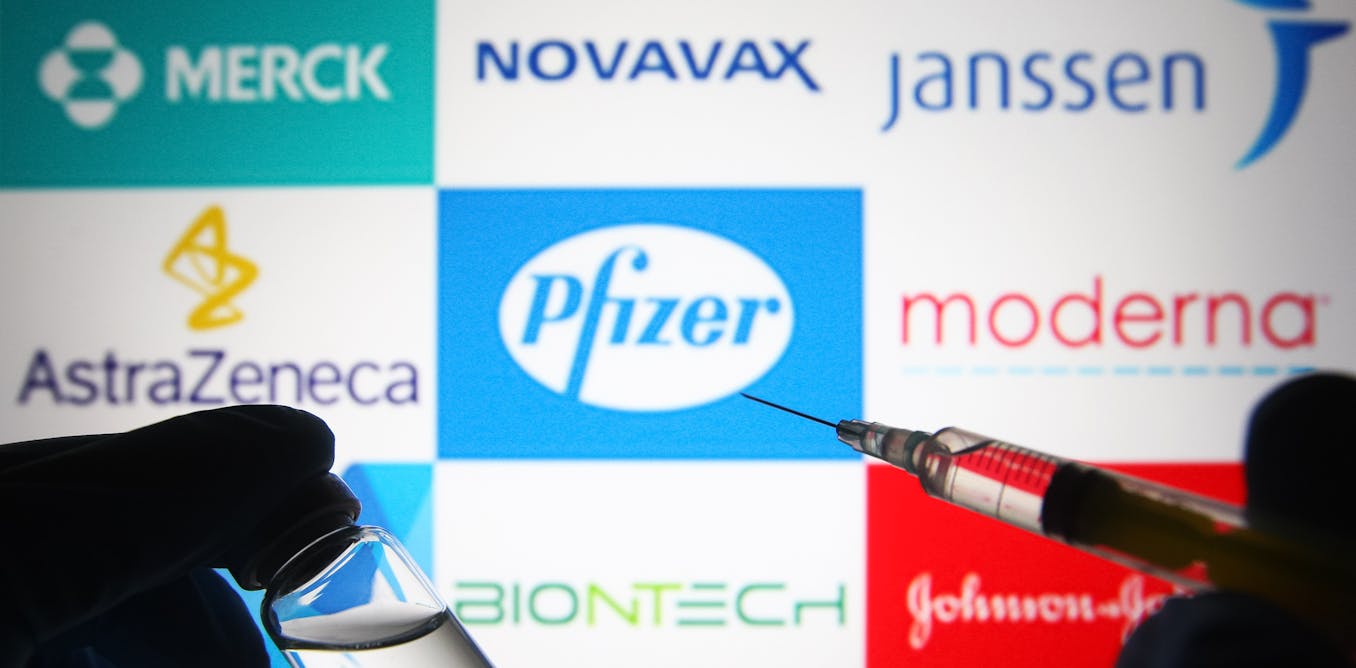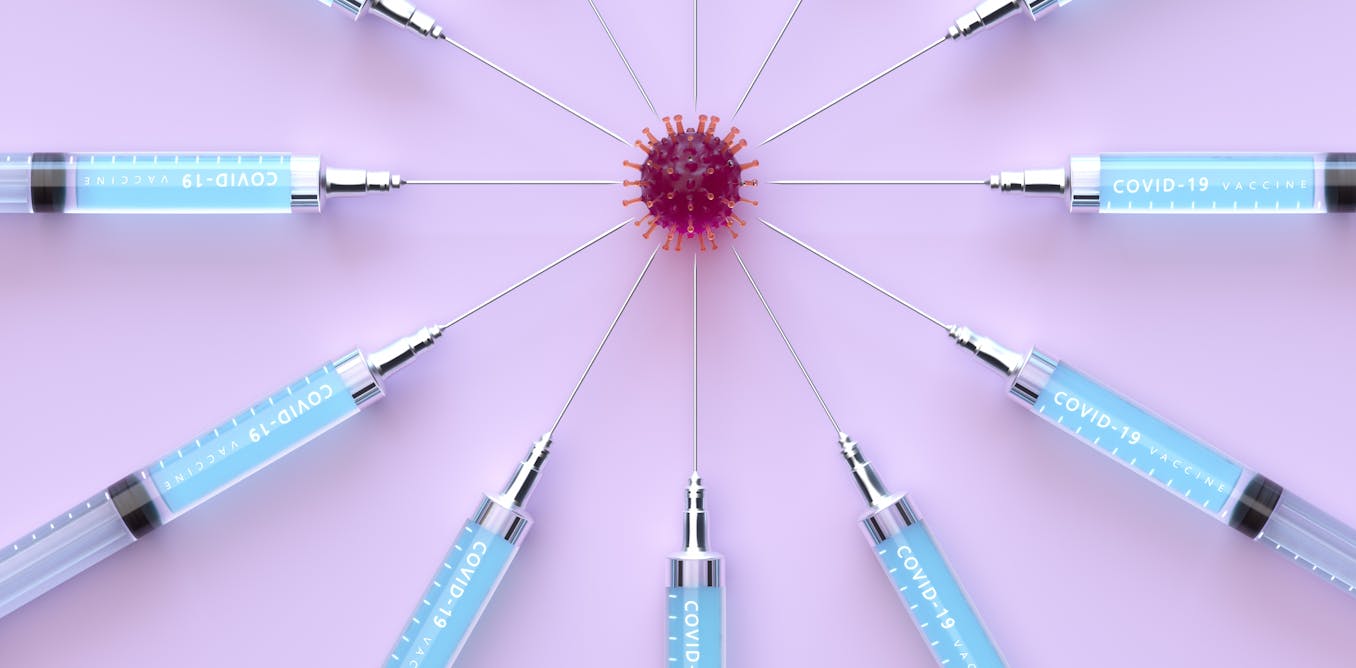How long does protective immunity against COVID-19 last after infection or vaccination? Two immunologists explain
Because COVID-19 is a relatively new virus, researchers still aren’t sure exactly how long vaccines and prior infections provide protection.
Feb. 25, 2022 • ~11 min









